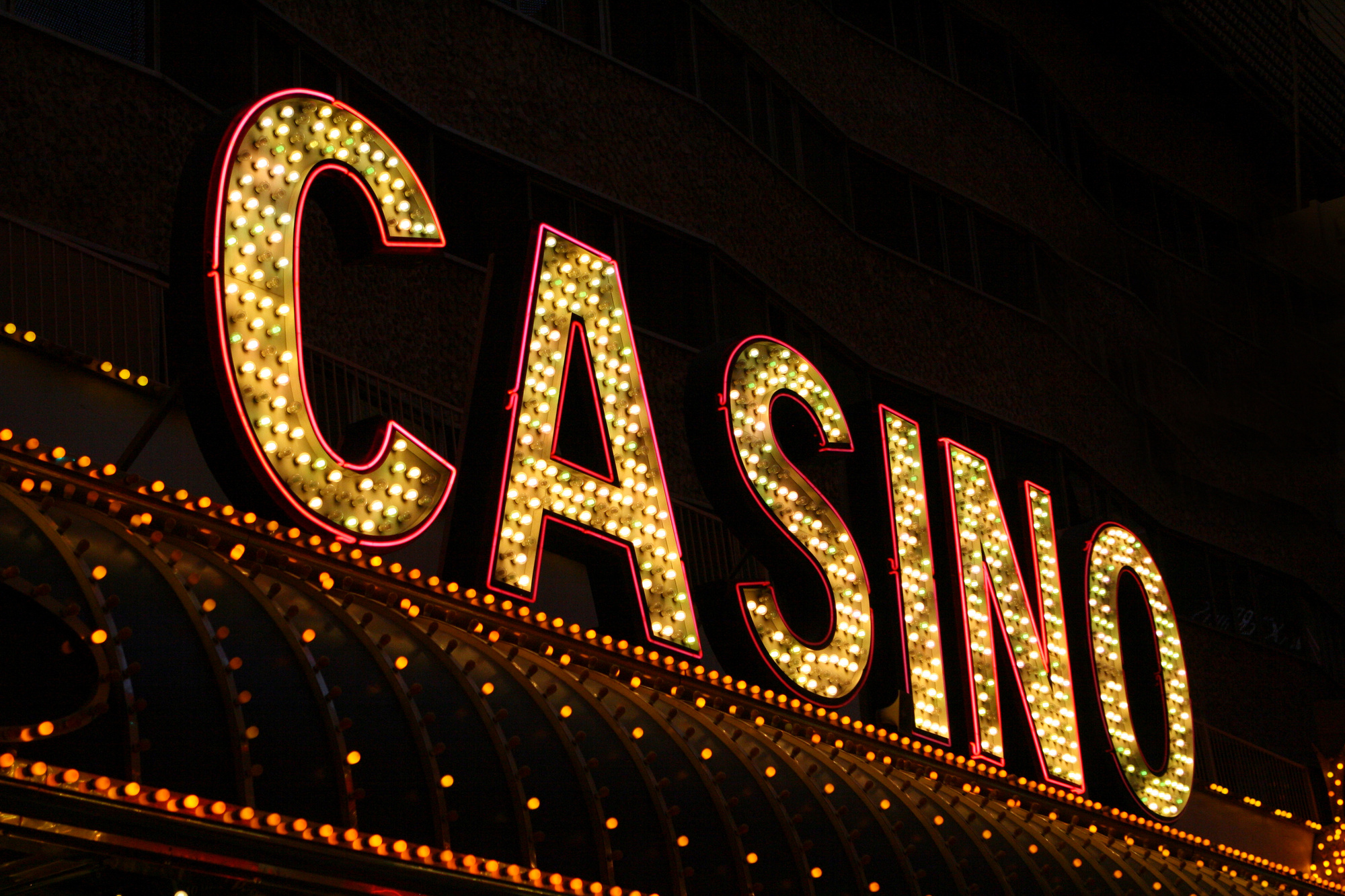A Enigma of Gambling Myths

In the world of gambling, where chance and strategy converge, a unique tapestry of beliefs manifests—one that intertwines luck, fate, and the enigmatic nature of casino games. Casinos, bustling with excitement and anticipation, are not just places for placing bets; they are also arenas where superstitions thrive. From the novice player to the seasoned gambler, these mysterious practices often shape how individuals approach the games they play, believing that their actions can influence the outcome in ways that go beyond mere probability.
As players gather around roulette wheels, blackjack tables, and slot machines, the atmosphere is thick with stories of lucky charms, rituals, and codified behavior that defy logic yet provide a sense of comfort. It could be the case that it’s wearing a specific outfit, following a particular sequence of bets, or even avoiding certain numbers, the attachment to various superstitions reflects a deep-rooted desire to control the uncontrollable. This article delves into the captivating world of casino game superstitions, exploring the beliefs that both entertain and mystify those who dare to play.
Historical Roots of Superstitions
Casino activities have long been connected with an array of superstitions that can be traced to early cultures. The origins of these beliefs can be associated to humanity’s innate desire to control the random outcomes connected with fortune and randomness. In ancient civilizations, games of chance were often tied to ritualistic practices. Gamblers would seek favor or seek favor from gods, believing that their actions could affect the outcomes in their benefit. This basis laid the basis for the myriad of superstitions that proliferated as gambling evolved over ages.
During the Middle Ages, betting became a popular activity across European nations, and with it, a diverse tapestry of superstitions appeared. Players adopted different rituals and charms, believing they could influence the consequences of games. The significance of digits, in particular, emerged to appear in superstitions related to card games and dice. The number 7 was often considered favorable, while various numbers carried negative connotations. These beliefs mirrored the cultural contexts of the time, changing as they transferred through generations and transformed to emerging gaming environments.
As casinos emerged in the 17th century, particularly in Italy and France, the atmosphere surrounding gambling became steeped in mystery. The growing openness of casino activities allowed for the spread and growth of superstitions among players. Concepts like lucky charms, designated seating arrangements, and rituals gained prominence, creating a unique culture within casinos. As these practices continued to thrive, they became fundamental to the identity of gambling games, illustrating how historical developments and culture shape the belief systems that influence how players engage with luck.
Popular Casino Superstitions
Superstitions surrounding casino games are abundant and diverse, mirroring the hopes and fears of players as they participate in chance-based activities. One of the most prevalent views is that certain numbers bring luck or misfortune. For example, the number 7 is often seen as a lucky digit, frequently sought after by gamblers looking for a positive outcome. Conversely, the number 13 is routinely considered unlucky, leading many players to avoid it during their gambling periods.
Another common superstition relates to practices that gamblers believe can affect their odds. It could be blowing on the dice before a throw, using a specific gesture to place a bet, or even wearing particular items of clothing, many people feel that these rituals can sway fate in their favor. These practices offer a sense of power in an otherwise random environment, strengthening the idea that fortune can be created through personal beliefs and customs.
Finally, the environment and vibe of the casino itself adds to superstition. Many players suggest that the presence of certain symbols, such as four-leaved clovers or fortunate coins, can enhance their odds of winning. Additionally, players might hold to the notion that victory streaks can be interrupted by mundane events, such as a person passing by or a spill at the gaming surface. The shared atmosphere in a casino can amplify these superstitions, creating a communal culture of superstitions that transcends individual experiences.
Impact of Superstitions on Players
Beliefs play a crucial role in the mindset of casino players, often affecting their actions and choices. oke179 com A lot of gamblers think that fortune can be manipulated through various rituals, such as wearing a lucky charm, selecting specific colors, or avoiding certain numbers. This dependence on superstitions can create a feeling of authority in an environment that is intrinsically unpredictable. Players often feel more confident and engaged when they believe that their actions could sway the outcome of a game in their favor.
The influence of these superstitions extends past individual players, affecting the overall atmosphere within the casino. For example, a player who holds the belief in the luck of a particular slot machine might attract a crowd, as others are fascinated by their apparent success. This collective belief can heighten excitement and create a lively environment, leading to an captivating experience even for those who may not necessarily be believers themselves. The excitement around certain games can lead to higher participation and longer playing sessions, supporting the casino’s vibrant social scene.
In some instances, superstitions can lead to harmful effects for players. Relying too heavily on rituals can result in poor gambling decisions, as some may ignore basic strategies in favor of baseless beliefs. Additionally, the stress to perform rituals may increase anxiety and tension, detracting from the enjoyment of the experience. Ultimately, while superstitions can enhance the thrill of playing casino games, they can also lead to poor choices that overshadow the enjoyment and entertainment intended in the casino experience.
